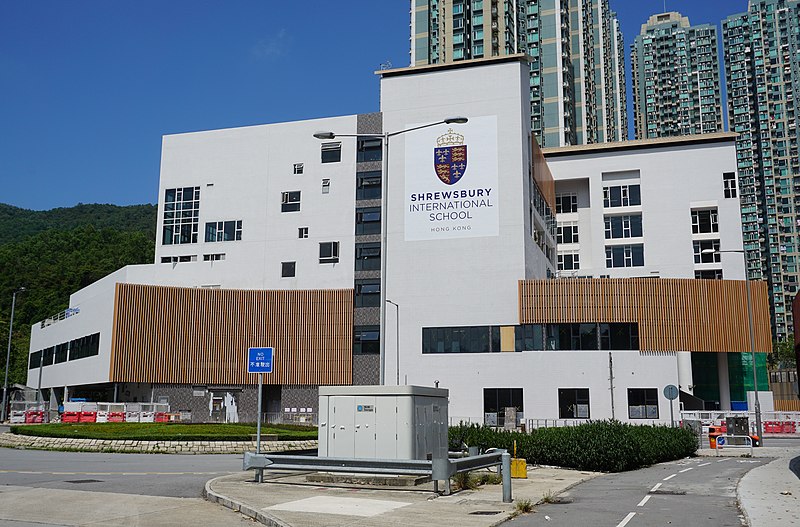The Price of Schools

I found an article that I personally found interesting and thought provoking; how much outside help should international schools around the world be given by the governments of the country they are in? In Hong Kong this issue was discussed and it currently looks like the Hong Kong government does not want to help out more than they need to. Their argument is that they want to focus on the local schools who need the help as well.
Their argument is sound, international schools tend to cater to wealthy families and their children, who pay large annual fees as well as asking for debentures for the students to get a place in their school, all of which should cover a large range of things. The question then becomes where does the money go? Salaries for all employees: teachers, cleaners, maintenance workers, other staff members, etc. most likely takes a large chunk out of the money the school takes in each year. School supplies, general maintenance of the school and its grounds, as well as any other bills that the school has most likely take another large chunk out of the rest of the money. Whatever is left cannot be that much in the end, but again who knows.
In comparison local schools in Hong Kong generally are quite cheap for students to go to, and in some cases can be entirely funded by the government, though these are strictly controlled and admittance is often quite difficult. This therefore means that there is a large gap in the amount of money these types of schools have access to.
Labour Party lawmaker Fernando Cheung said while he is not against the international schools, he thinks the government’s priority should be helping local schools or special schools with dilapidated premises.I personally understand the government's viewpoint, and agree with it to a certain extent, international schools have more money, this therefore should mean that they need to budget things differently and theoretically they should be able to pay for any renovations or new construction areas by themselves instead of asking for money from the government. However, I also think that in certain cases some monetary help should be given, which should be paid back by the school with interest. The government has the right to want to focus on the local schools who need the help since they often have a much smaller budget to do things with, this was something that the article also mentioned; in the same meeting where lawmakers voted against helping international schools, they accepted a proposal to give financial aid to a special school in Tuen Mun.
At the end of the meeting, seven lawmakers voted against the proposal to provide interest-free loans to the schools, with just five supporting such a move, meaning the funding request cannot be tabled before Legco’s Finance Committee.The article while short gives a good overview of what was discussed and the reasoning behind the decision that was made, it made me more interested in finding out more regarding the issue and since they mentioned that another news source also reported on the same issue I went to look for it. It ended up being the exact same article published virtually word for word only an hour earlier. So instead I looked around on the South China Morning Post’s (SCMP) website and found an article that gave a little more information on the situation, which as I mentioned in my previous blog post, is something that I like depending on the topic.
Meanwhile, the panel voted in support of a HK$60 million extension project at a special school in Tuen Mun.
So in essence the article by RTHK and The Standard gave the bare minimum of what the situation was about and the reasoning behind the decision that Legco members came to. In comparison SCMP gave a more detailed story of what the schools who applied for the loans wanted the money for and their overall state of affairs. This therefore also has the added effect of giving a better understanding of the situation, though I still feel that the Hong Kong government does not need to give financial aid to these schools.
The amounts involved ranged from HK$287 million to HK$518 million for each school, and would help them repay bridging loans which they had taken out to finance the construction of new buildings, with a repayment period of 10 years and HK$297 million in interest foregone.
Comments
Post a Comment